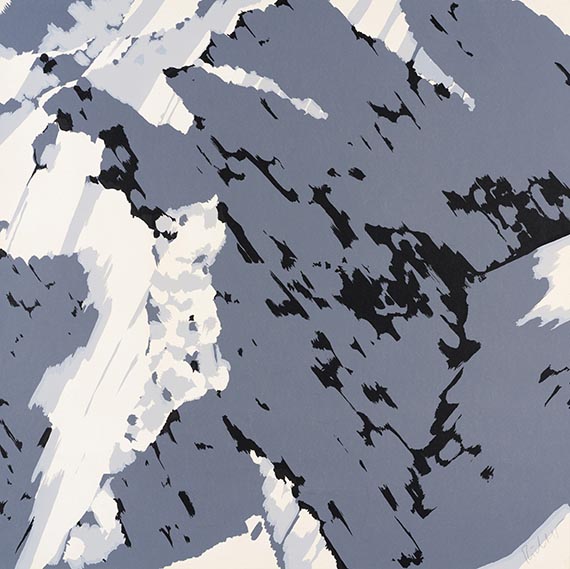
Giovanni Lorenzo Bernini
Neapel
1598 -
Rom
1680
Giovanni Lorenzo Bernini, a famous Italian architect, sculptor and painter was born in Naples as the son of the sculptor Pietro Bernini on December 12, 1598. When he was still a child, Giovanni Lorenzo Bernini was taught his first art lessons by his father, and made such great progress, that he made and completed a successful angel's head in marble at the tender age of 10. When he moved to Rome with his father in 1608, Giovanni Lorenzo Bernini attracted attention due to his well-developed artistic talent at such a young age, and attended a masterclass, where he produced a number of busts including one of the Pope.
Bernini's perfection and mastery in working stone, made him famous at an early stage. At an enormous speed and without any calculations or auxiliary constructions, he carved statues from stone. With his special surface design, which reflected the links between the skin and the underlying muscles and bones in its most minute detail, he managed to make the stone appear smoother than ever before.
Between 1618 and 1625 he produced the famous mythological groups of sculptures "Aeneas and Anchises", "Pluto and Persephone", "Apollo and Daphne" and "David" for cardinal Scipione Borghese. Today these sculptures can still be admired at the Villa Borghese in Rome. With these works Bernini lay the foundation for his worldwide immortal fame.
Giovanni Lorenzo Bernini has manifold artistic skills and a highly inventive talent, which he employed in architecture with equal dedication and almost greater success. The nearly unbroken favor by the Pope, helped Bernini to great and important commissions. These lucky circumstances lead to Giovanni Lorenzo Bernini being supported to such a degree, that throughout his lifetime he was able to contribute at the top to the greatest artistic undertakings of the Roman court, thanks to his creative work in two branches of art - sculpture and architecture.
In 1629, after the death of C. Maderno, Giovanni Lorenzo Bernini became the master builder of the church of St. Peter in Rome - even though he had never trained as an architect - and started to build the bell towers on both sides of the facade, which had to be taken down at a later stage of the building work because of bad foundations.
Giovanni Lorenzo Bernini's main work, however, are the mighty colonnades, which were built in 1667 and enclose the square in front of the church of St. Peter and offer a magnificent and impressive view. With his buildings, Bernini left a decisive mark on the cityscape of Rome. Alongside his sculptures and architectural work, Bernini produced over 150 paintings depicting biblical and secular stories and the world of mythology - pictures, which can now be admired in various collections, particularly in Italy.
In his later years Bernini enjoyed an almost princely acclaim, soon received the Cross of the Order of Christ and was a favorite of all Popes reigning during his lifetime. The pope himself and the Swedish Queen Christine, who stayed in Rome at the time, often visited him in his apartment with their court. It was considered to be an honor to own one of his works, so the aristocracy all over Europe were keen to have one of his pieces. Only Pope Innocence X, who became Pope in 1644, denied Bernini his goodwill.
At that time Giovanni Lorenzo Bernini's reputation as one of the greatest artists of his time was already so strong, that he received large private commissions, including that for the interior design of the Cornaro chapel in Rome (1645-53), which gave rise to the famous "St. Theresa in Ecstasy".
In 1664 at the age of 66 Bernini traveled to Paris, to lead the refurbishment of the Louvre. In 1680 the architect, sculptor and painter Giovanni Lorenzo Bernini died in Rome after a serious illness and left behind a fortune of more than 400,000 scudi. Giovanni Lorenzo Bernini, whose work had made him world famous, greatly influenced many artist.
No objects available at present
Would you like to sell a work by Giovanni Lorenzo Bernini?
Infos for seller




